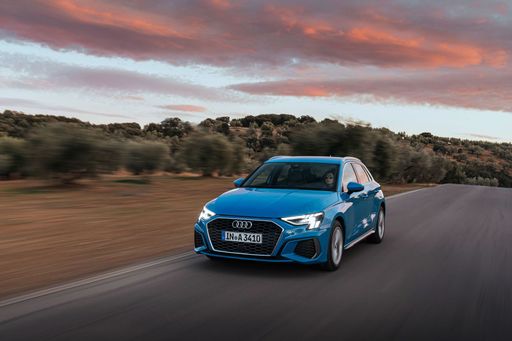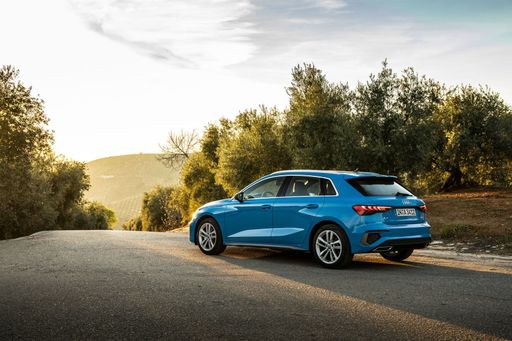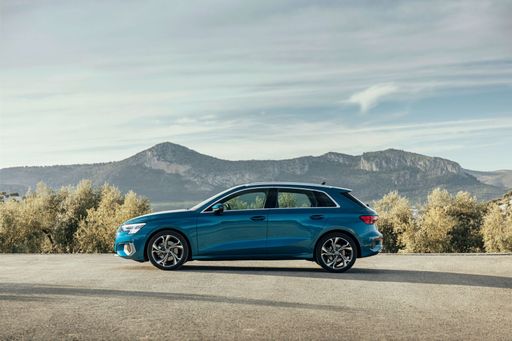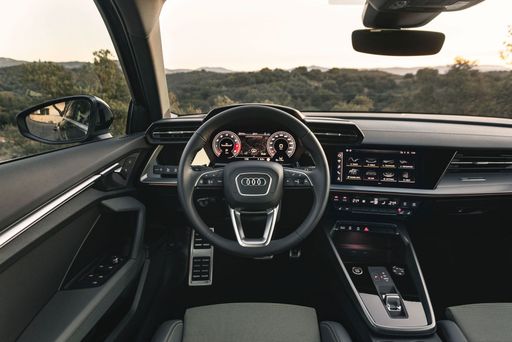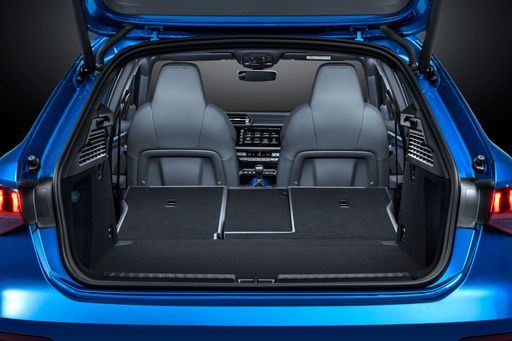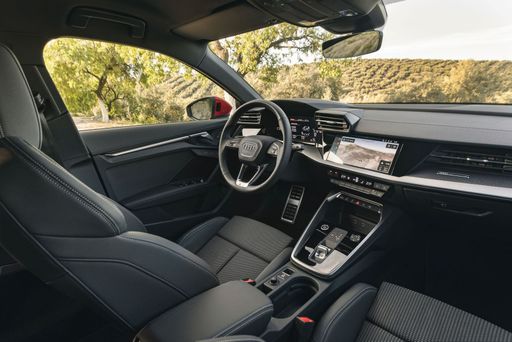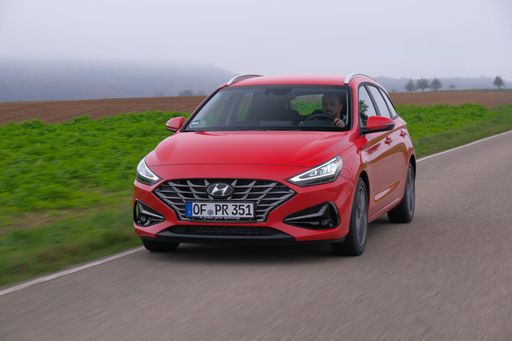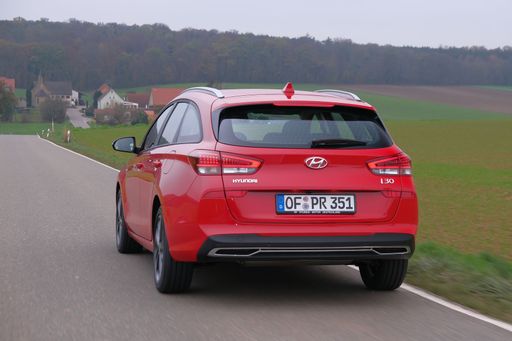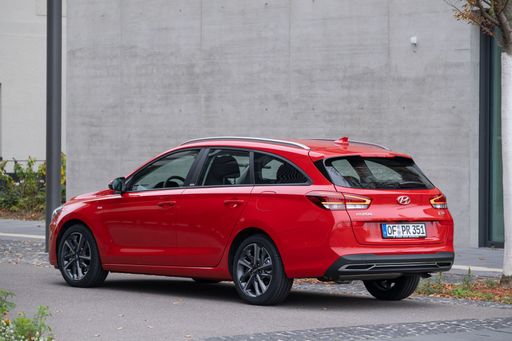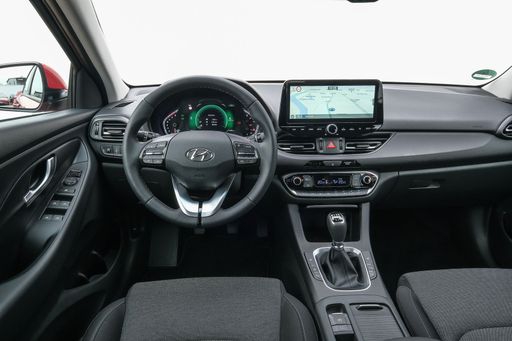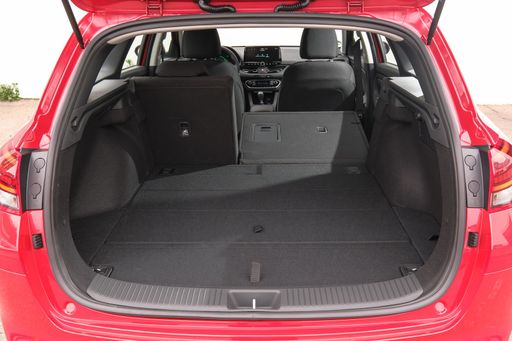Compact Luxury or Practical Space: Audi A3 Sportback vs Hyundai i30 Kombi
The modern car buyer faces an array of options, especially when deciding between a sleek hatchback like the Audi A3 Sportback and a spacious wagon such as the Hyundai i30 Kombi. Each model offers unique features and designs tailored to a variety of driving needs. In this article, we compare the Audi A3 Sportback and Hyundai i30 Kombi, delving into their technical specifications, innovations, and overall driving experience to help you make an informed decision.

